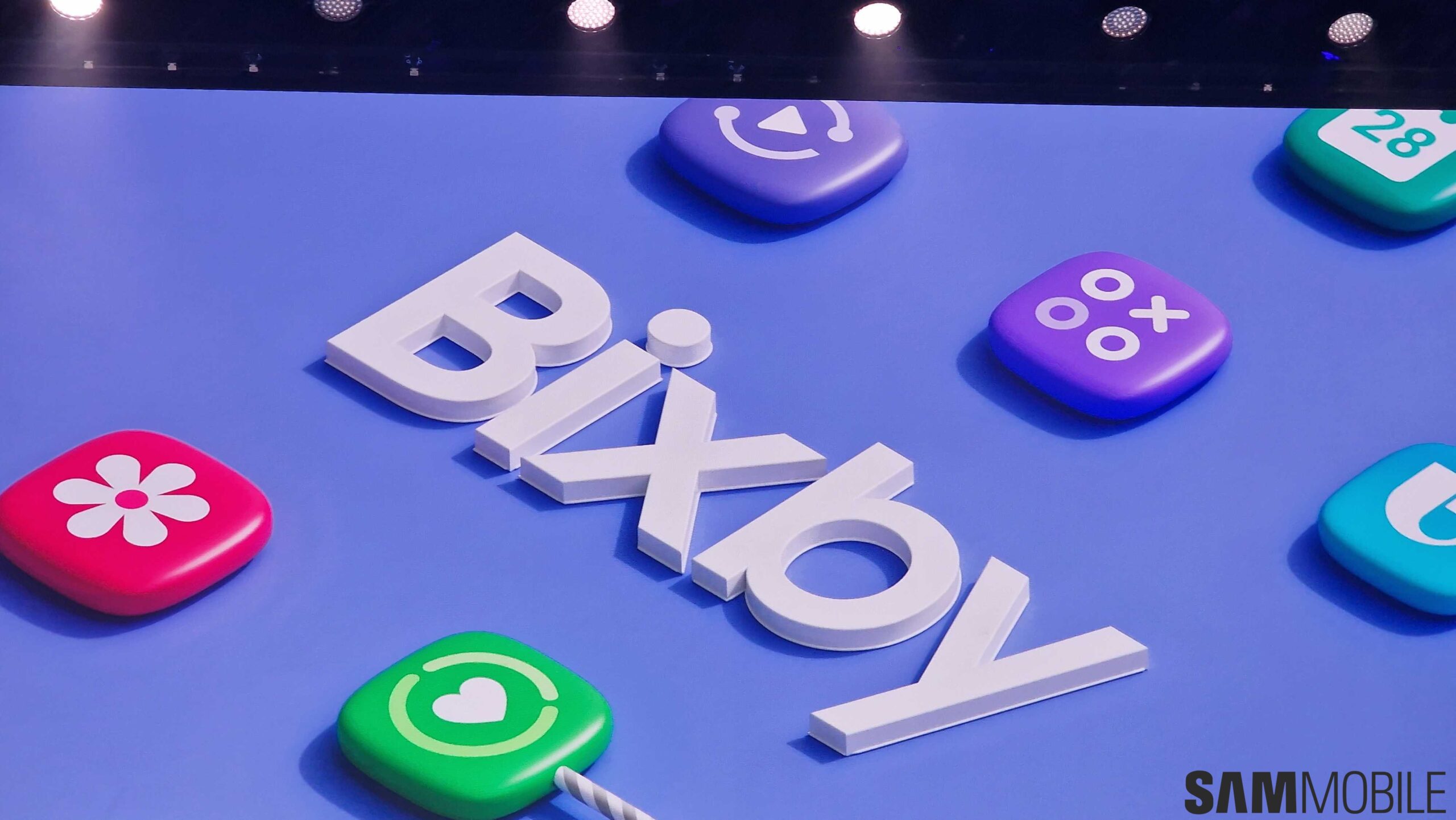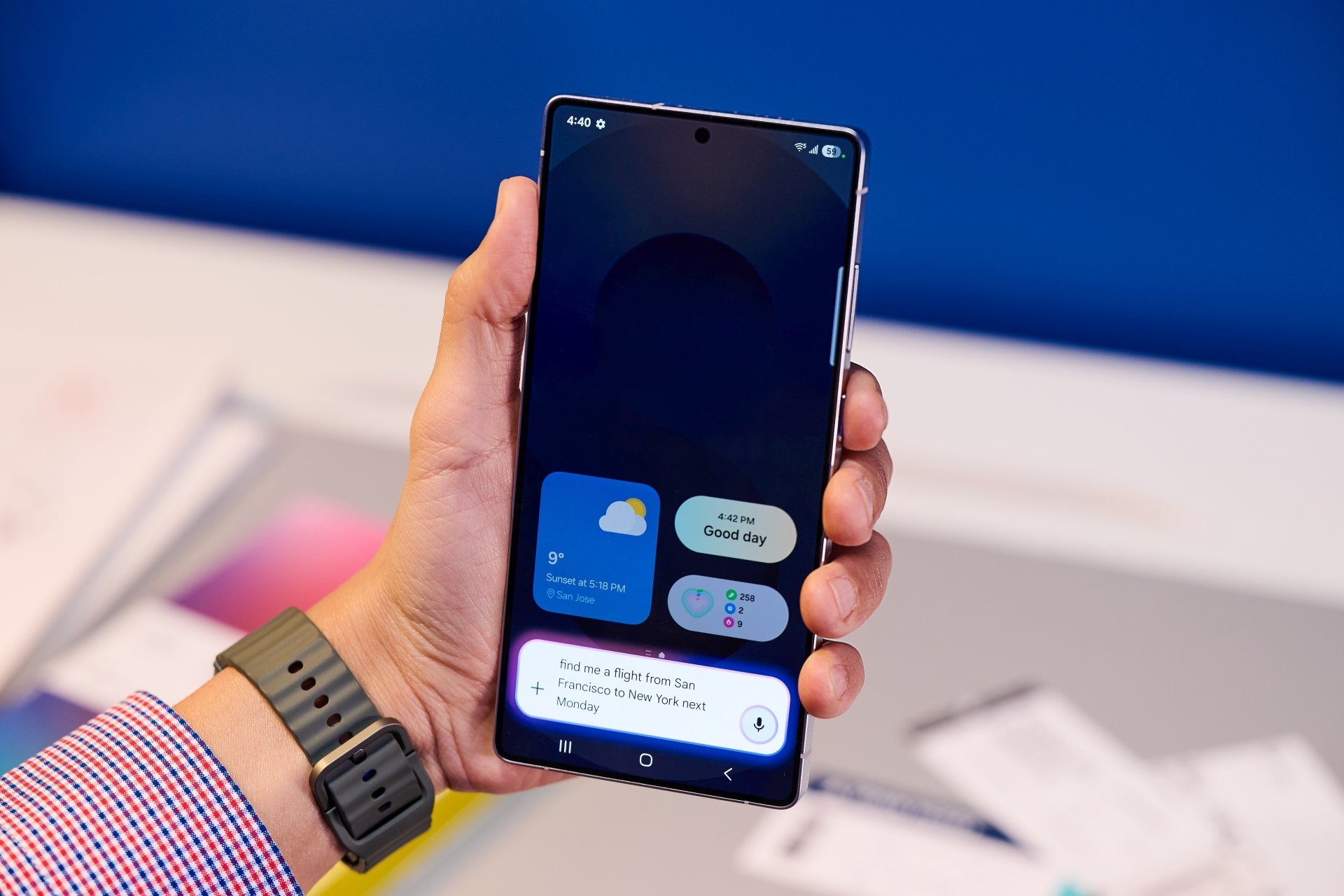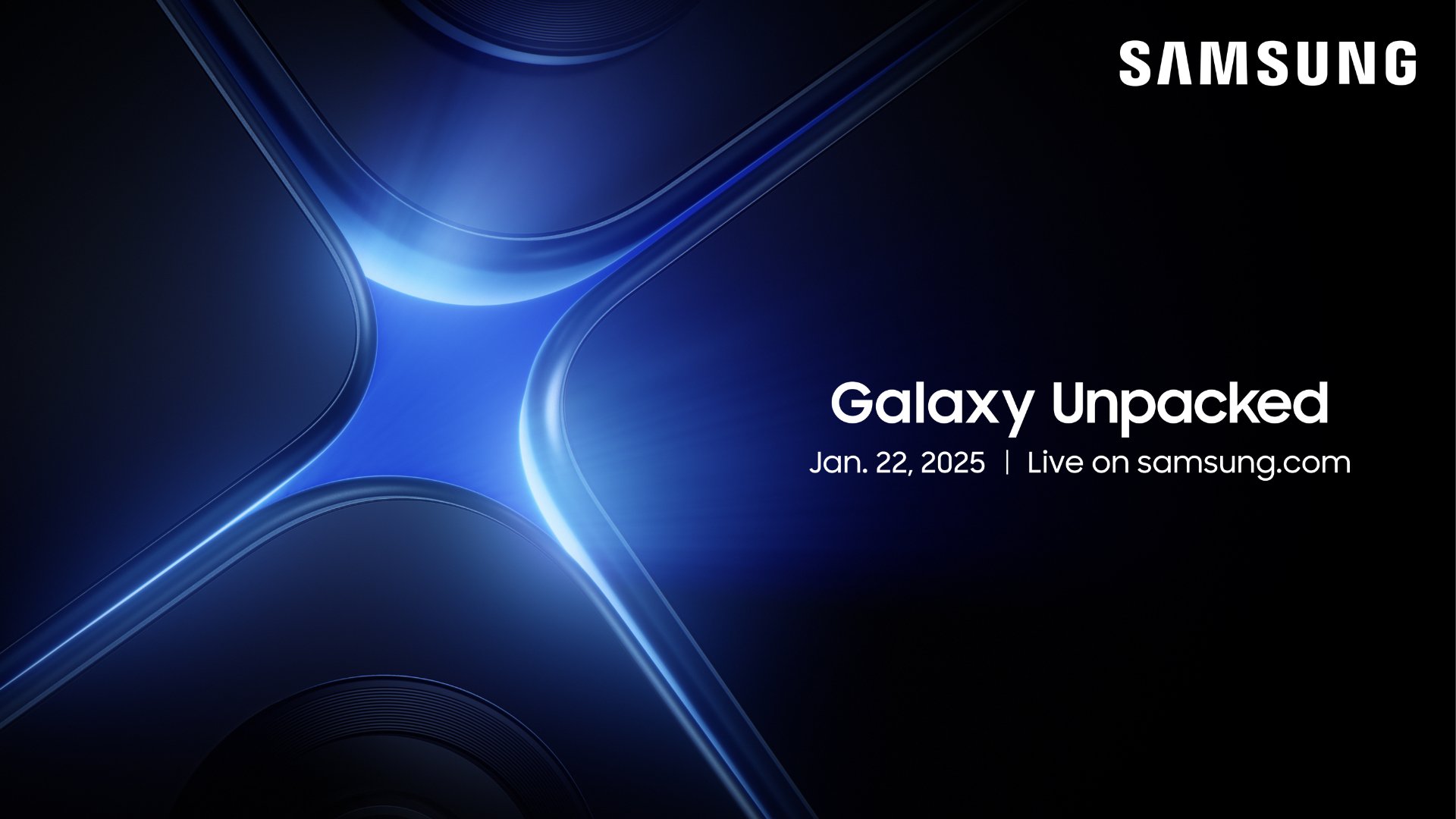
Neither Samsung nor Google has confirmed what they're talking about so it all remains a bit up in the air right now. However, none of the requests that Google has reportedly put forward seem impossible. Samsung would obviously expect something in return, with the assumption being that it would receive a substantial sum of money from Google for giving up more control.
Whatever Google is asking for it already gets, to an extent, on Galaxy devices. The Assistant is always just a long press of the Home button away, the Play Store is already the first stop for most users when they want to download apps, and Google happens to be the default search engine in Samsung Internet. Google Chrome is also hard to miss and since most people use Chrome on their desktops, they're likely to use it on their mobile as well to take advantage of data syncing. That's not possible with Samsung Internet since it doesn't have a desktop version. Who can guess what's the default search engine in Chrome?
This means that any change that comes as a result of this deal would be significant. We'd likely see Assistant being actively prioritized over Bixby, Samsung possibly toning down on promotions that incentivize users to download content from the Galaxy Store, and Google being the only search engine option in Samsung Internet. Currently, you can switch between Google, Yahoo, Bing and DuckDuckGo as the default option with just a couple of taps. Google does pay Apple billions of dollars every year just to be the default search engine in Safari, after all.
Asking Samsung to concede more ground to its services has obvious benefits for Google. Samsung is the world's leading smartphone vendor. It shipped nearly 300 million smartphones last year. The more data it can get the more Google can improve its core services like search, ads and the capabilities of its voice assistant. That's why it would happily pay Samsung for the access.
Google Assistant would especially stand to benefit from this arrangement. The AI and machine learning that powers this digital assistant requires massive amounts of data to continuously improve its performance. The data sets are obviously different from every market and with Samsung's reach particularly in emerging markets where arguably most of the next billion Android users will come from, would prove to be very useful.
Such an arrangement would allow Google to collect even more voice control data and that would enable it to further improve Assistant's capabilities over Apple's Siri and Amazon's Echo assistants. Let's be honest, even though Samsung has considerably improved Bixby ever since it was launched with the Galaxy S8 in 2017, it wasn't in the same league as these assistants. Despite the obvious shortcomings, Bixby was something that Samsung had built, and Samsung has never shied away from building a parallel ecosystem of apps and services for its Android devices.
Google would happily pay it good money if Bixby was completely replaced with Assistant and perhaps that just might give Samsung a way to recoup the investment it made in the development of Bixby. If it just approaches the situation from a pure return on investment perspective, a yearly cheque from Google that gives it more money than it spent on acquiring talent and developing Bixby, I'm pretty sure the accountants at Samsung would chalk that up as a win.
As the mobile division stares at an uncertain future brought on by the pandemic, this request may not seem too unreasonable. Smartphone sales, particularly in the high-end segment, are likely going to decline and that's going to impact the company's bottom line. So it may not mind having an additional revenue stream. However, it can also be argued that continuing to build out its own ecosystem is also important for Samsung. Its most loyal customers wouldn't want there to be a history of capitulation to Google.
There was a time when Samsung was investing in its own mobile operating system but it saw the writing on the wall. Its first Galaxy S flagship ran on Google's Android and the rest is history. Bada was later merged into Tizen, Samsung's next attempt at its own mobile OS. Tizen never made it to flagship smartphones and even the low-end phones that did run it have long been forgotten. Tizen does live on in Samsung's smart TVs and wearable devices.
Sticking with Tizen for its wearables actually paid off for Samsung. The company's smartwatches are very well regarded than the hodgepodge of Wear OS devices to the extent that many non-Galaxy smartphone owners opt for Samsung's smartwatches. Would conceding at this stage embolden Google to come after Tizen wearables in the future?
Google obviously approaches any negotiations with its OEM partners from a position of strength. It owns the only other widely used mobile OS that has no competitor. Its partners have also seen with the Huawei episode just how bad being cut off from Google's ecosystem can be for the business. As the largest Android smartphone vendor, Samsung can also throw its weight around, since it pays hefty sums in licensing fees and drives an insane amount of traffic to Google's services. Consequently, any negotiations between these two titans of the industry are bound to be tense.
This doesn't take away from the fact that Bixby clearly needs to be improved. The digital assistant has found it very hard to shake off its bad rap that has stuck with its since the launch. The delay in the arrival of Samsung's smart speakers, which would have placed Bixby at the center of its smart home ecosystem, has further contributed to Bixby falling by the wayside.
Ultimately, Samsung has to make a decision. Either it needs to keep at it and maintain a clear preference for Bixby over Assistant or accept that its effort to sustain a parallel ecosystem with Android is not worth it. Loyal Samsung fans would love to keep at it, but it's all just business in the end.
What do you think, should Samsung agree to Google's request or should it not capitulate? Drop a comment below and let's get a conversation going.
















